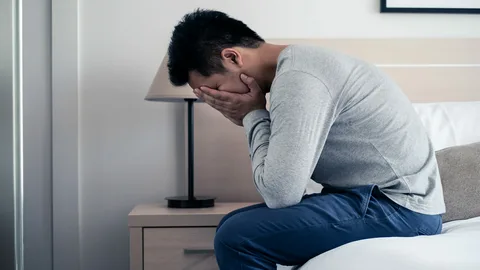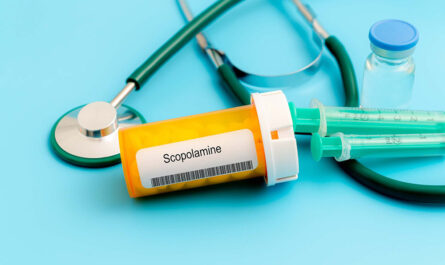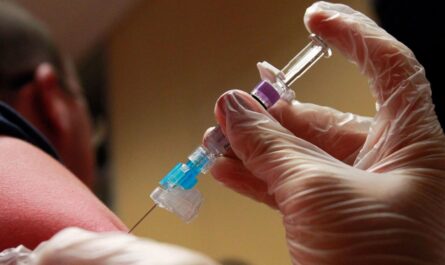Psychotherapy
Psychotherapy, also known as talk therapy, is a major treatment option for major depressive disorder. Talking with a licensed mental health professional such as a psychologist or counselor can provide support and help a person understand and work through their depression.
Cognitive behavioral therapy is one of the most effective forms of psychotherapy for depression. In CBT, a therapist works with the individual to identify and change negative thought patterns and behaviors that may be exacerbating their Global Major Depressive Disorder (MDD) Treatment symptoms. Therapy sessions focus on teaching coping skills and problem-solving techniques to help one think more realistically and change self-defeating habits. Studies show CBT can significantly reduce symptoms of depression and help prevent future episodes.
Interpersonal therapy is another recommended form of psychotherapy. Interpersonal therapy focuses on improving communication and working through difficulties in one’s relationships with family, friends, and others that may be contributing to or maintaining their depression. The therapist helps the individual express their feelings in a constructive manner and build healthier relationships. This can alleviate depressive symptoms and minimize future risk.
Medication
Antidepressant medications are frequently used to treat major depressive disorder, especially for moderate to severe cases, or when depression involves physical symptoms such as significant weight changes or insomnia. There are several classes of antidepressant medications that work in different ways.
Selective serotonin reuptake inhibitors (SSRIs) are commonly prescribed as they have relatively mild side effects compared to other antidepressants. Common SSRIs include fluoxetine (Prozac), sertraline (Zoloft), paroxetine (Paxil), citalopram (Celexa), and escitalopram (Lexapro). SSRIs work to increase serotonin levels in the brain and reduce depressive symptoms over several weeks.
Serotonin-norepinephrine reuptake inhibitors (SNRIs) such as duloxetine (Cymbalta) and venlafaxine (Effexor) also increase serotonin and norepinephrine levels. These medications can be effective alternatives for those who do not respond to SSRIs or have more severe depression.
Other options include bupropion (Wellbutrin), an atypical antidepressant that works on norepinephrine and dopamine, and tricyclic antidepressants like amitriptyline for more treatment-resistant cases. MAOIs like phenelzine (Nardil) are seldom used today due to dietary and drug restrictions.
Electroconvulsive Therapy
For patients with severe, treatment-resistant depression, electroconvulsive therapy (ECT) may be recommended. ECT involves inducing a brief, controlled seizure in the brain through electrodes placed on the head while the patient is under anesthesia.
While the exact mechanism is unknown, ECT can rapidly improve symptoms for people who have not responded to other treatments. Up to 60-70% of severely depressed individuals see significant symptom reduction after a series of 6-12 ECT treatments. Common side effects include headache, nausea, and temporary memory loss, which usually resolves within a few months. ECT is now considered a low-risk and highly effective treatment when administered properly.
Transcranial Magnetic Stimulation
A newer noninvasive option for treatment-resistant Global Major Depressive Disorder (MDD) Treatment is transcranial magnetic stimulation (TMS). TMS uses magnetic pulses to stimulate nerve cells in targeted areas of the brain linked to mood regulation without the need for anesthesia or inducing a seizure.
During an outpatient procedure, an electromagnetic coil placed gently against the scalp delivers a series of pulses to the prefrontal cortex. Multiple daily sessions are received over 4-6 weeks. Studies have found TMS to be moderately effective for those who fail at least one adequate medication trial. While the exact mechanism is unclear, TMS appears able to increase activity in neurons and boost the neurotransmitters serotonin, norepinephrine, and dopamine. It has similar safety risks to antidepressants with headaches being the most common side effect.
Lifestyle Changes and Complementary Therapies
While psychotherapy and medication are the primary treatment modalities, lifestyle tweaks can provide additional relief from depressive symptoms. Practicing stress reduction methods like yoga, deep breathing, meditation or regular exercise alongside a healthy diet and sleep schedule can support overall mental well-being. Staying socially connected and engaging in enjoyable activities help counter feelings of loneliness or emptiness.
Alternative therapies may augment major depression treatment for some people. Fish oil, St. John’s wort, and acupuncture have shown mild to moderate benefit in research studies. It’s best to consult one’s mental healthcare provider before starting any complementary approaches to avoid dangerous interactions. With a multidisciplinary treatment plan tailored to individual needs, many individuals can find significant relief and go on to fully recover from major depressive disorder.
*Note:
1. Source: Coherent Market Insights, Public sources, Desk research
2. We have leveraged AI tools to mine information and compile it


